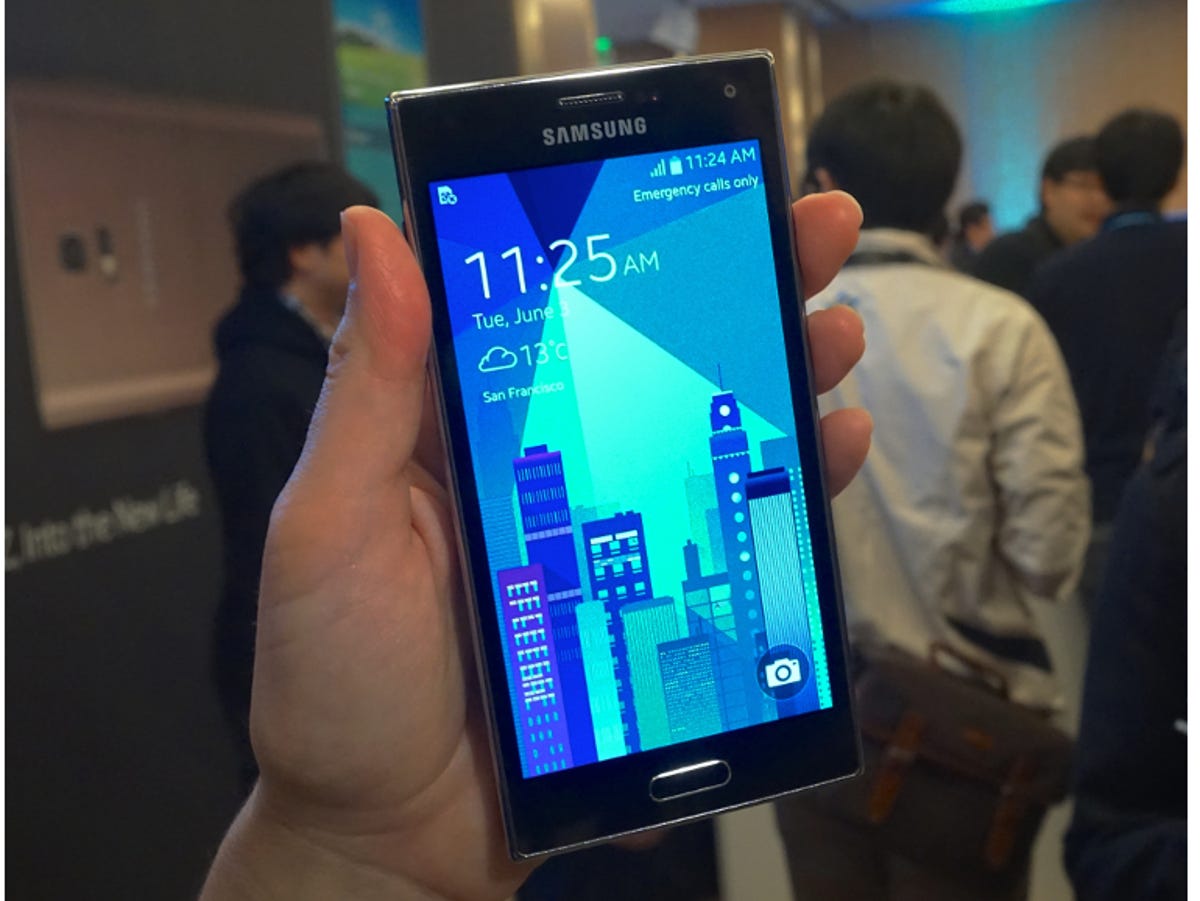
CNET
Samsung’s own-brand Android rival Tizen faces another setback as the Samsung Z failed to make an entrance in Russia this week.
The Samsung Z is the Korean company’s first smartphone to be powered by Tizen software. Tizen has been passed around the technology industry for years as various companies try to develop a rival to Google’s Android software, which currently powers Samsung’s hugely successful line of Galaxy smartphones and tablets.
A closer look at the Samsung Z and its Tizen software (pictures)






But that means Samsung is reliant on Google, and also means the money Galaxy owners spend on apps is funnelled to Google rather than into Samsung’s pocket. By developing its own software, Samsung wants to break that reliance and see some app money for itself.
Try, try and Tizen again
- Hands-on with the Samsung Z
- Samsung Gear Live
- Not just for phones: Samsung shows Tizen-powered TV, cameras
- Software converts Android apps to Tizen OS — too bad there’s no phone yet
- Tizen signs up new allies, but still no real phone
Samsung also sees Tizen as a bigger proposition than smartphones and tablets. Tizen already powers Samsung cameras, Samsung TVs, and wearable technology such as the Samsung Gear 2 smartwatch. Like Android, which is branching out to cars and wearables, Tizen could power all kinds of connected devices.
Eventually, anyway. Samsung seems to be having problems with the long, long-awaited Tizen smartphone. The Samsung Z was shown off for the first time in San Francisco earlier this year, and was expected to make its full debut this week at a conference for Tizen developers in Moscow. Sadly, for long-suffering developers attending the event, all Samsung came up with were more prototypes.
It’s another delay for Tizen, which was at one stage planned to launch in Japan in March this year. But Japanese network NTT Docomo got cold feet, admitting, “The market is not big enough to support three operating systems at this time.”


Now playing:
Watch this:
Stylish Samsung Z is Tizen’s first phone
4:19
The Wall Street Journal reports that Samsung promises “the smartphone will appear on the Russian market later, when we can offer our users a fullest portfolio of applications.” That implies Samsung is nervous about the lack of apps for Tizen, but that’s the eternal dilemma for new operating systems: developers don’t build apps for phones nobody owns, but nobody buys phones that don’t have any apps.
That’s the problem that’s dogged Windows Phone, which Microsoft has tackled by throwing money at app builders like it’s going out of fashion. Samsung has the cash to do the same, as well as a marketing budget bigger than some small countries.
Now all they need is a phone to sell.



